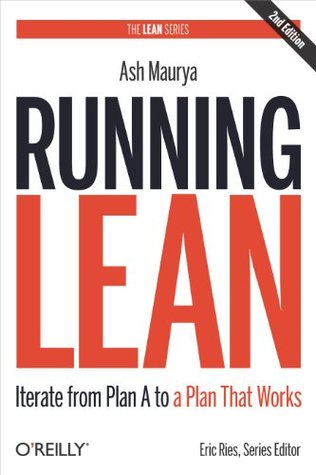More on this book
Community
Kindle Notes & Highlights
by
Ash Maurya
Read between
January 10 - March 14, 2020
startup is an experiment.
A business plan rests on a series of leap-of-faith assumptions, each of which can be tested empirically.
what separates successful startups from unsuccessful ones is not necessarily the fact that successful startups began with a better initial plan (or Plan A), but rather that they find a plan that works before running out of resources.
If I had asked people what they wanted, they would have said faster horses. — Henry Ford A lot of people cite the preceding quote and declare it hopeless to talk to customers. But hidden in this quote is a customer problem statement: had customers said “faster horses,” they would really have been asking for something faster than their existing alternative, which happened to be horses. Given the right context, customers can clearly articulate their problems, but it’s your job to come up with the solution. It is not the customer’s job to know what they want. — Steve Jobs
Get out of the building. — Steve Blank
Startups that succeed are those that manage to iterate enough times before running out of resources. — Eric Ries
Customers don’t care about your solution. They care about their problems. — Dave McClure, 500 Startups
Your job isn’t just building the best solution, but owning the entire business model and making all the pieces fit.
Building a successful product is fundamentally about risk mitigation.
The bigger risk for most startups is building something nobody wants.
Key question: Do I have a problem worth solving?
Key question: Have I built something people want?
Key question: How do I accelerate growth?


